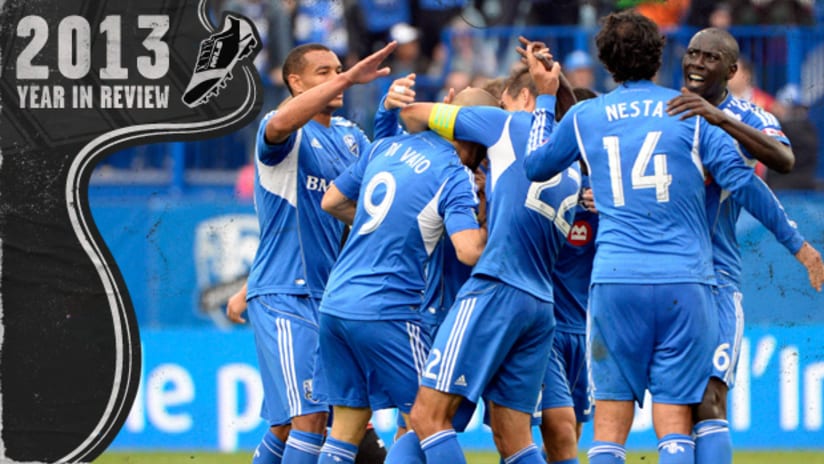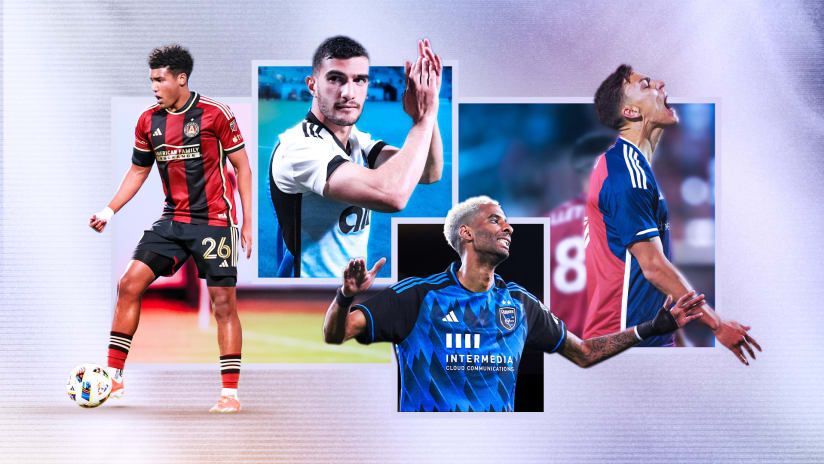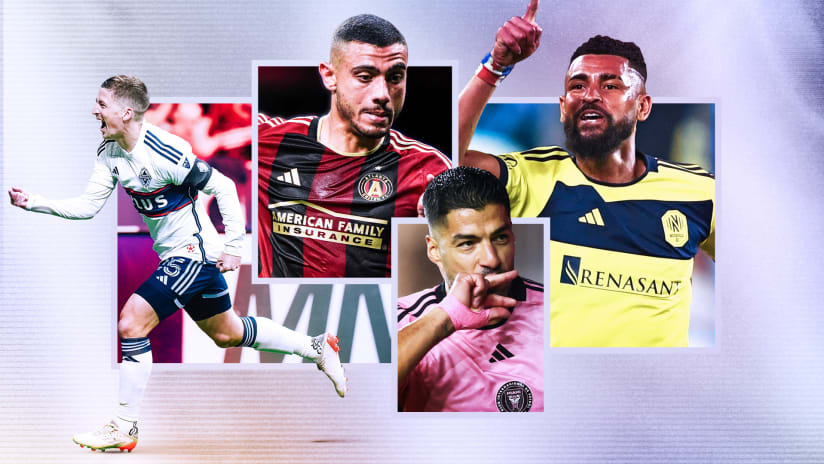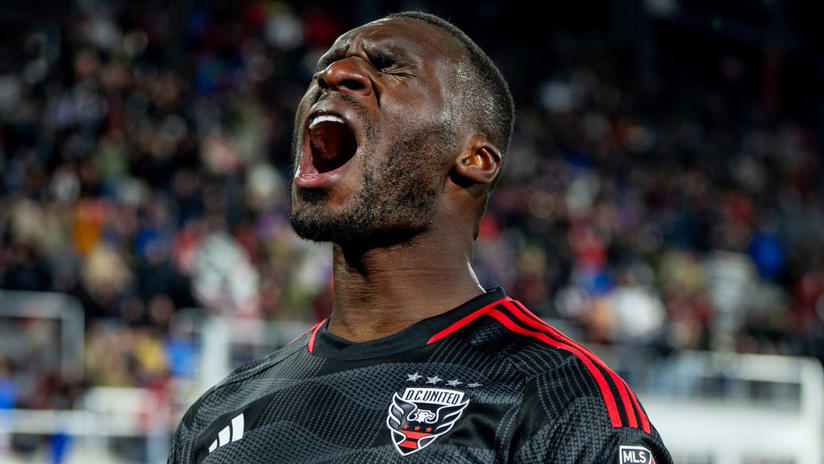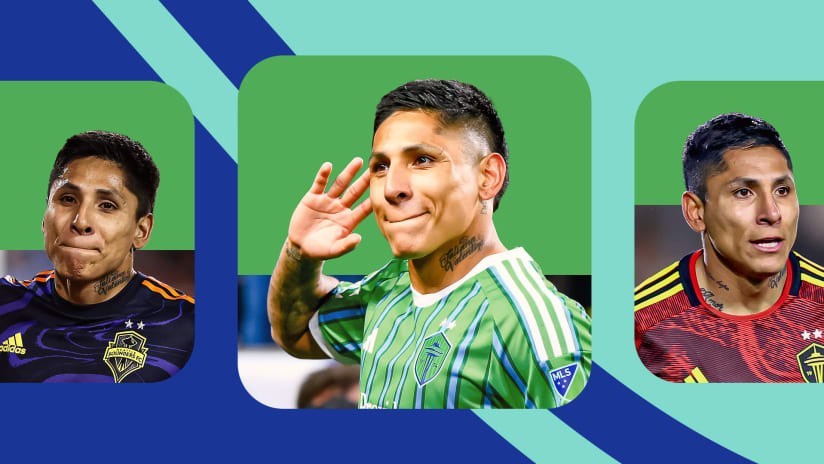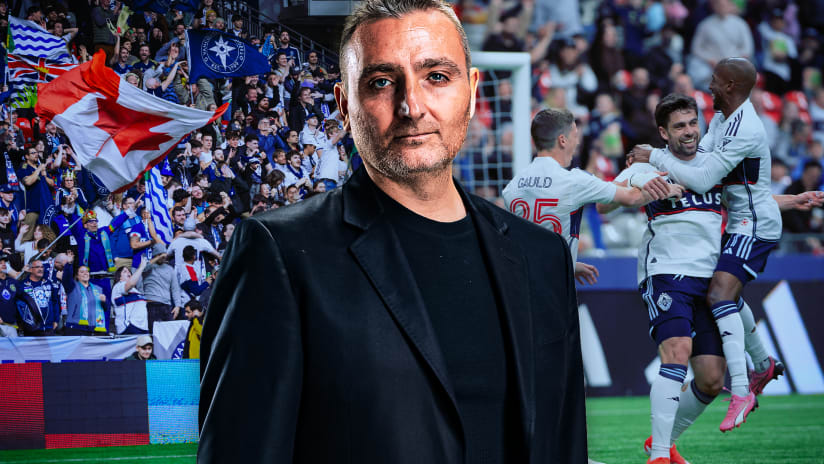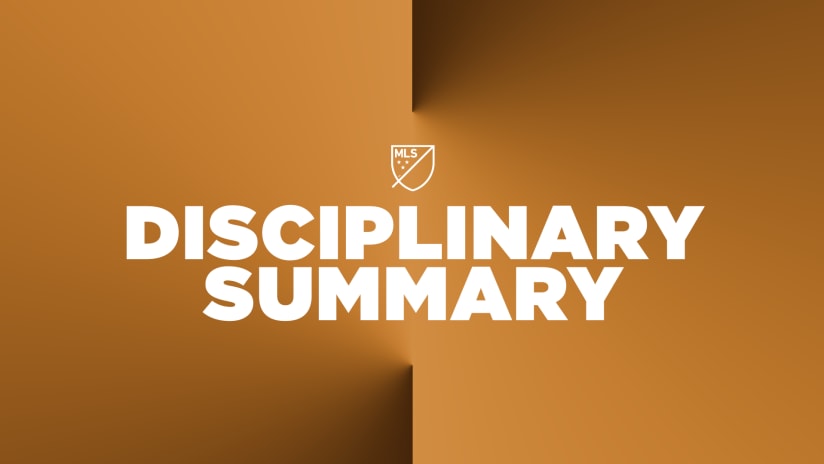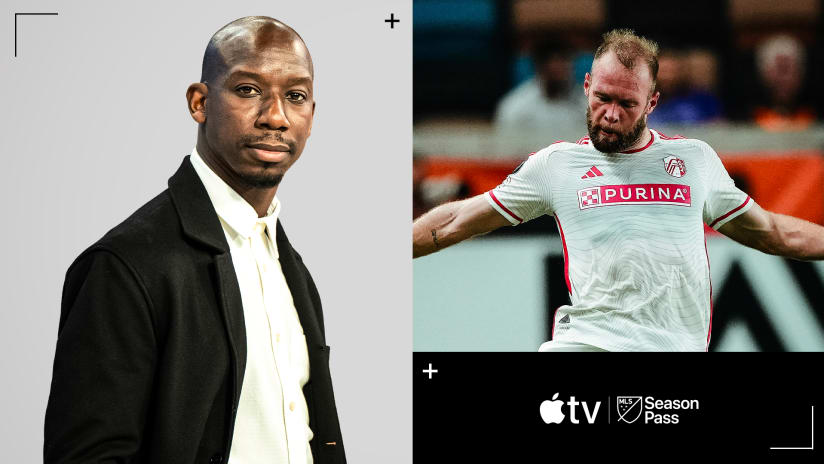Over the next two weeks, MLSsoccer.com will take a look back at the 2013 season that was for all 19 clubs in Major League Soccer, starting with D.C. United and ending with the Supporters' Shield-winning New York Red Bulls. You can find the schedule and comprehensive reviews for each team here.
2013 record: 14-13-7 (49 points); 50 GF / 49 GA (+1 GD)

With the playoffs in their sights, the Montreal Impact took MLS by storm in early 2013.
They said it...
Center back Matteo Ferrari:
“We had a great season in the beginning. Until maybe June or July, we played great football and our condition was very good. Then, we started losing several games and didn’t find the key to what we were before.”
Sporting director Nick De Santis:
“We’re amongst the teams that spent the longest time in first place. Were we inexperienced in that situation? Did the pressure of being first start taking its toll on the coach, on the players, on us? We’ll have to assess that, but we have to recognize that we were in free fall.”
Right back Hassoun Camara:
“In hindsight, I realize that despite the ending differing from what we’d envisioned, we reached the playoffs, won the Canadian Championship and played in the Champions League. If we’d predicted half of that before the season began, we’d have signed up straightaway.”
Supremely disciplined outings in both Seattle and Portland set the tone as the Impact grabbed a barely believable 2.16 points per game through Week 12. They also reached the CONCACAF Champions League group stage for the first time since their NASL days, putting an end to four years of Toronto FC dominance in the Amway Canadian Championship.
But whether you call it regression to the mean or a collapse, Montreal’s results from mid-June on just weren’t great. The Stade Saputo fortress cracked, with Colorado, Columbus, Vancouver and New England all winning there. Having lost six of their last eight games, they had to hope for favorable results elsewhere on the final day of the season.
Montreal made the playoffs all the same, though their Knockout Round elimination in Houston was an awkward spectacle. The end was as bitter as the beginning had been brilliant, but the end shouldn’t detract from those beginnings, either.
Best Moment of the Year
Beaten 2-0 at Toronto FC in the first leg of their Amway Canadian Championship semifinal, the Impact recovered in epic fashion the following week. Some 44 minutes into the second leg on May 1, they had already overturned the deficit, and they proceeded to add three more for good measure. The Impact supporters had criticized the performance in Toronto, but after the 6-2 aggregate win (highlights here), they remained by the club offices for more than an hour, singing their beloved team’s praises.
Worst Moment of the Year
Before June 29, goalfests had favored Montreal: 6-0 over TFC, 3-2 over Real Salt Lake, 5-3 over Philadelphia Union. At 3-3 in second-half stoppage time against the Colorado Rapids, surely they'd have the edge again, right? Wrong. The Rapids broke forward at the death, Tony Cascio securing an unlikely winner. Arguably, the Impact weren’t quite the same team from then on. They’d previously dropped 13 of 42 available points. They then picked up only 20 from a possible 57.
Best Goal
Twice this season, defender Hassoun Camara scored with his back to the net, hooking the ball in. While the Frenchman’s effort from a seated position against Colorado was a delightful spur-of-the-moment thing, his stunning bicycle kick in front of the Timbers Army on March 9 gets our vote. Ironically, Camara’s effort to get to the ball essentially took out of the play the man who ended up scoring 40 percent of the team’s goals, Marco Di Vaio.
Team MVP
Back in February, Impact fitness coach Paolo Pacione said of Di Vaio that “in a sense, he had to re-synchronize his clock” after playing for almost 18 months straight. It worked. And Montreal followed the DP forward’s pace. Despite turning 37 in July, the Italian had one of the best seasons of his career, scoring 22 goals in 39 games across all competitions without once taking a penalty kick. More often than not, he was the one who made this team tick.
Best Move
In a season when external recruitment didn’t generate optimal results, Montreal found solace in their academy’s production line, which gave the team a combined 1,247 MLS minutes. Wandrille Lefèvre and Maxim Tissot, who both turned pro in 2013, reacted just as well as their "elder," Karl W. Ouimette, in difficult situations. Ask any Montreal fan what would have happened if thatheader hadn’t gone in, and chances are they’d probably shiver just thinking about it.
Quotable
“It’s completely legitimate, and it’s important that we find our way together again. Certain questions must be answered, because the last months weren’t good. We must be realistic. We must be better next season. We must all go in the same direction.” – Head coach Marco Schällibaum on the front office’s decision not to confirm his return at the helm in 2014
Three Offseason Needs
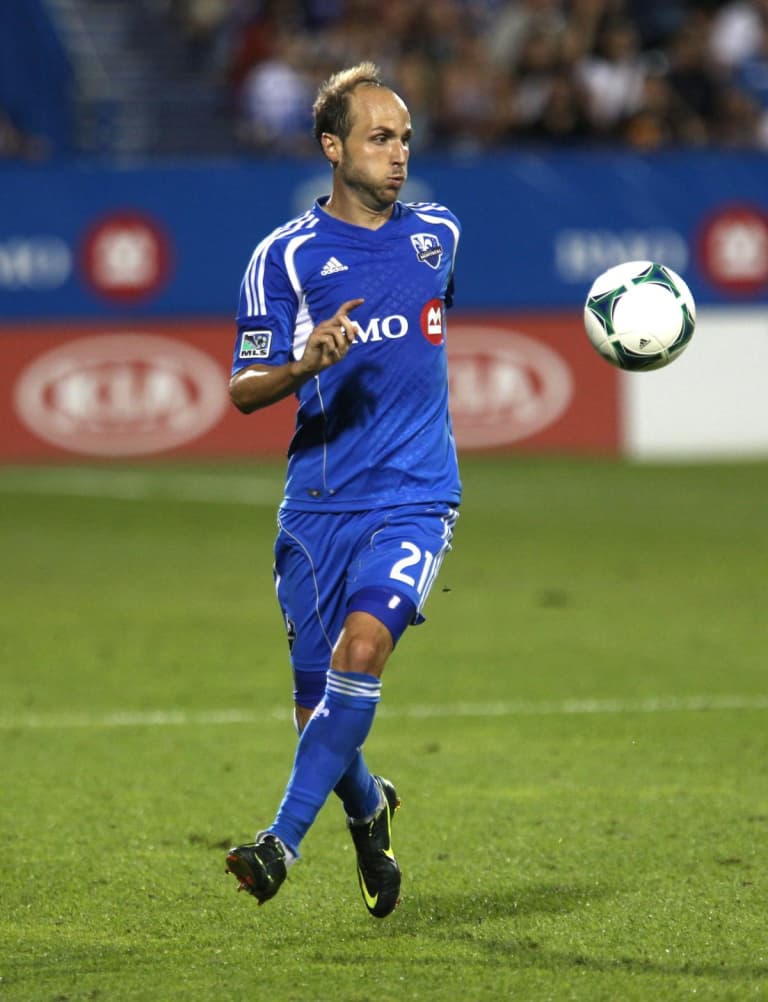
1.
A coach: Technically, Schällibaum is under contract for 2014. But the Montreal brass say they want to take their time. The Impact have changed head coaches 12 times in their 20-year history. Will they make it three in three since they entered MLS?
2. Wide men: Sounds familiar? Last offseason, Montreal brought in wingers Andrea Pisanu and Andrés Romero on loan and drafted Blake Smith. Alas, none proved as durable and effective a solution as Justin Mapp (pictured at right). Romero and Smith have significant upside, but the Impact probably still need to hire wide men, especially if Romero returns to Argentina.
3. More options at forward: Especially if Montreal regularly play with two up front. Di Vaio will be the first name on the team sheet when his three-game suspension expires. Andrew Wenger says he’s learned a lot about playing with a second striker. Still, even if Daniele Paponi’s loan deal becomes a permanent move, an injury crisis could leave Montreal in a bad attacking spot.
4. Healthy center backs: They’re getting there. With Alessandro Nesta now retired, the door is open for any center back to step up next to Matteo Ferrari. Nelson Rivas starting against Houston in the playoffs will be a huge boost for him. Adrián López may be back in early 2014 after he tore his ACL. With health on their side, Montreal could be spoiled for choices.

